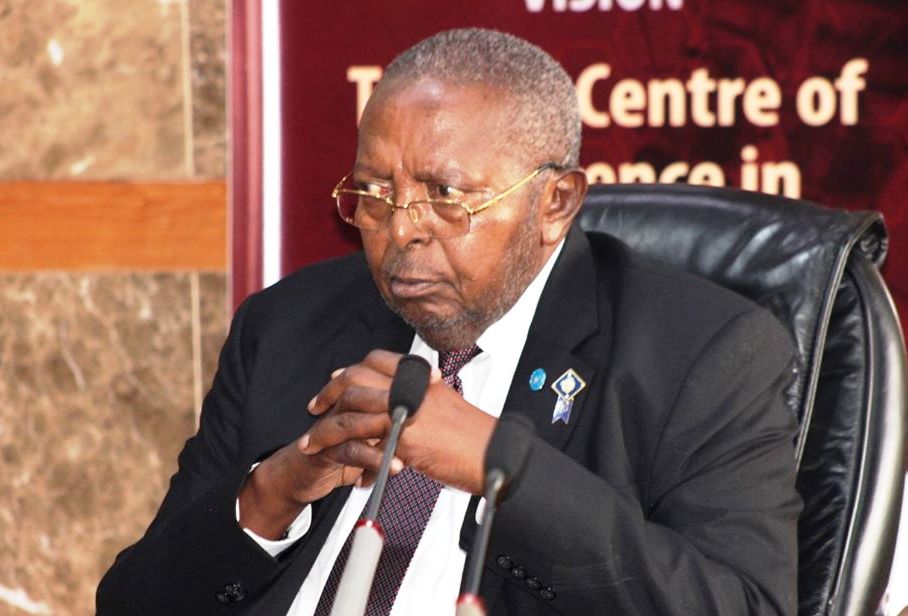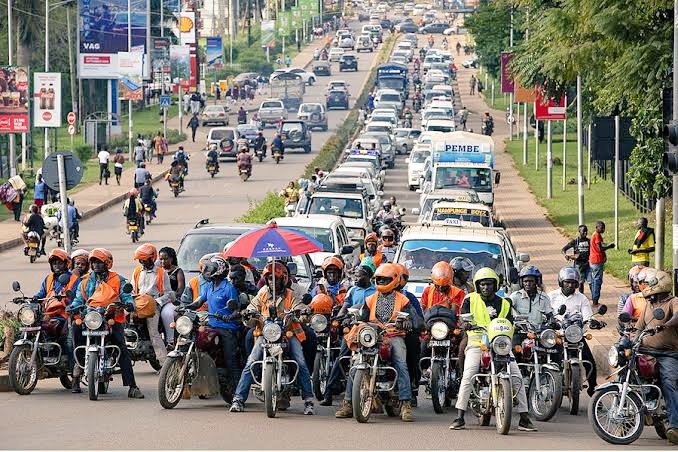Uganda’s provisional total debt stock as at end April 2020 stood at Shs53.697Trn, an increase of about 13.7% relative July 2019, Prof. Emmanuel Tumusiime- Mutebile (pictured), the Bank of Uganda Governor has said.
FOR MORE INFO & LATEST UPDATES ABOUT COVID-19 SITUATION IN UGANDA CLICK HERE.
Appearing before Parliament’s National Economy today where the Central Bank officials had appeared to discuss the impact of COVID-19 on the economy, Mutebile revealed that the Central Bank, the ratio of debt as percentage of GDP stood at 13.9% in nominal value terms as at end April 2020 and 29.7% percent in present value terms as at the end of March 2020.
“The recent loans acquired during the COVID-19 pandemic could possibly push the ratios up in part also due the weaker fundamentals including slow growth, exchange rate depreciation, weaker exports and a fragile domestic revenue base,” Mutebile said.
He added that Uganda is faced with unprecedented challenges from the health, macroeconomics and social effects of the pandemic and in order to limit the harm of the pandemic on the economy, it is important to maintain macroeconomic stability, secure core public services, maintain a private sector saying it will allow a quicker return to business creation and sustainable development after the pandemic passed.
The Central Bank says while Uganda remains at risk debt distress, significant vulnerabilities are evident.
“Given the rise in debt, there is a growing concern of risk to debt distress. Indeed, Uganda’s debt service has surpassed the threshold level in FY2019/2020 and it is projected to remain high in FY2020/2021. This could be an early indication for fiscal risk could lead to high levels of debt distress,” Mutebile said.
Aston Kajara (Mwenge South) asked whether it was possible for Uganda to seek debt relief from its lenders or postpone debt servicing for a period of 2years.
“We have in the pipeline a number of loans, we are borrowing up to our bone marrow and this is against falling domestic revenue, slow execution of infrastructure projects. The debt stock which we have could take 94years with each person paying Shs1M,” Kajara said.
“With this situation where we have exorbitant public expenditure, I want to know to comment on public expenditure management especially post COVID-19. Do you advise we seek debt relief or postponement of debt service for at least 2years,” he added.






before i respond, why does the government keep borrowing if the projects invested in have n ability to pay off the loan? in regards to the question however, i think seeking debt relief could be the best alternative based on the economic needs, we can not ignore borrowing as its necessary especially during the crises. however, we need to pay keen attention on the terms and conditions attached to the prospective future loans and to ensure that the purpose for which the loans have been are acquired have the ability to yield back the loan as soon as possible and are well implemented, well managed, and clearly monitored.
Dangerous time has come, it’s high time to keep your money in an investment or an asset